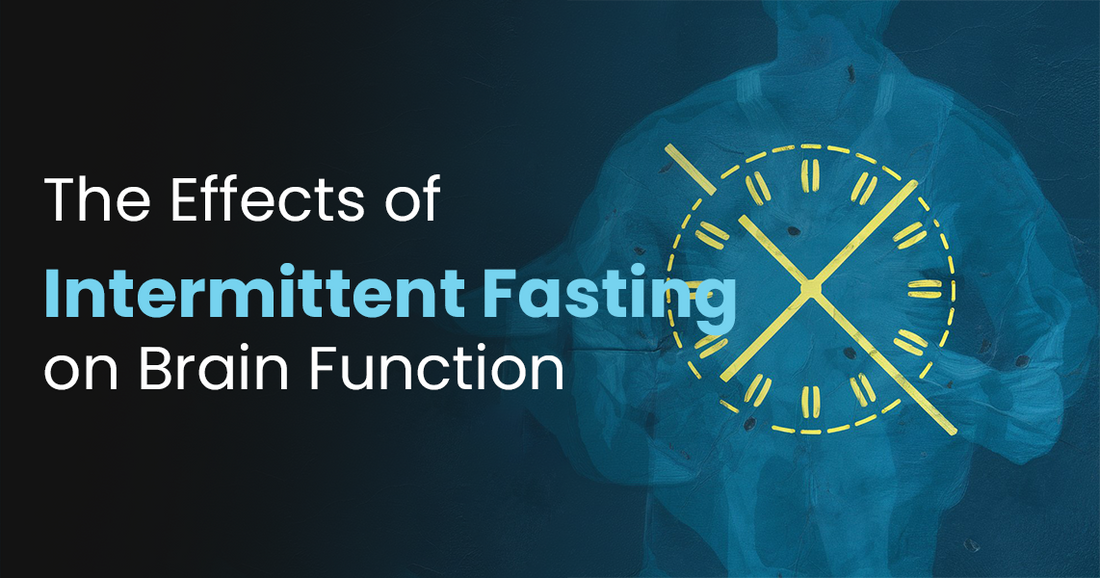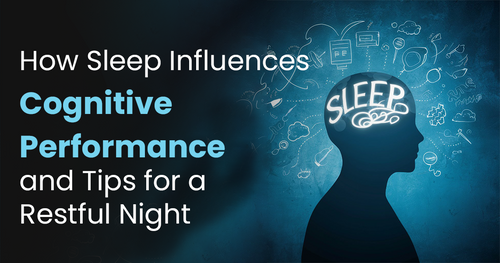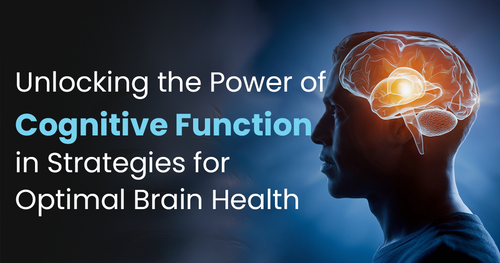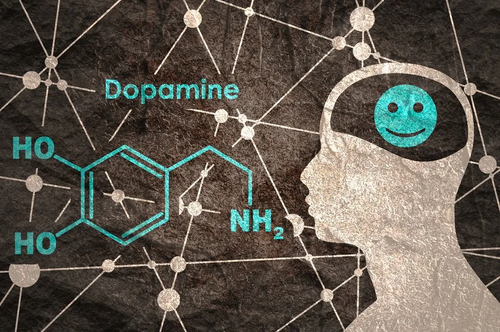Intermittent fasting (IF) has garnered significant attention in recent years for its potential health benefits, ranging from weight loss to improved metabolic health. However, one of the most intriguing areas of research is its impact on brain function. Understanding how intermittent fasting affects the brain can shed light on new ways to enhance cognitive performance and protect against neurodegenerative diseases.
How Intermittent Fasting Works
Intermittent fasting involves alternating periods of eating and fasting. The most common methods include the 16/8 method (16 hours of fasting and 8 hours of eating), the 5:2 method (eating normally for five days and reducing calorie intake for two non-consecutive days), and the 24-hour fast (one or two days of complete fasting per week). During the fasting period, the body undergoes several physiological changes that can positively influence brain function.
Enhanced Cognitive Function
- Neurogenesis: Intermittent fasting has been shown to stimulate the production of new neurons, a process known as neurogenesis. This occurs primarily in the hippocampus, a region of the brain associated with learning and memory. Studies suggest that fasting increases the levels of brain-derived neurotrophic factor (BDNF), a protein that supports neuron growth and survival. Higher levels of BDNF are linked to improved cognitive function and a reduced risk of neurodegenerative diseases like Alzheimer’s.
- Synaptic Plasticity: Synaptic plasticity refers to the ability of synapses (the connections between neurons) to strengthen or weaken over time, in response to increases or decreases in their activity. Intermittent fasting has been shown to enhance synaptic plasticity, which is crucial for learning, memory, and overall cognitive flexibility. Research indicates that fasting can improve the expression of genes that are involved in synaptic plasticity and neuroprotection.
- Reduced Oxidative Stress: Oxidative stress occurs when there is an imbalance between free radicals and antioxidants in the body, leading to cell damage. The brain is particularly vulnerable to oxidative stress due to its high oxygen consumption and lipid-rich environment. Intermittent fasting helps reduce oxidative stress by enhancing the body’s antioxidant defenses and promoting autophagy, a process that removes damaged cells and proteins. This can protect the brain from oxidative damage and improve cognitive function.
Protection Against Neurodegenerative Diseases
- Alzheimer’s Disease: Alzheimer’s disease is characterized by the accumulation of amyloid-beta plaques and tau tangles in the brain, leading to cognitive decline. Intermittent fasting has been shown to reduce the production of amyloid-beta and enhance its clearance from the brain. Additionally, fasting improves mitochondrial function and reduces inflammation, both of which are critical in preventing and mitigating the progression of Alzheimer’s disease.
- Parkinson’s Disease: Parkinson’s disease is marked by the degeneration of dopamine-producing neurons in the brain, leading to motor and cognitive impairments. Intermittent fasting can enhance the survival of these neurons by increasing BDNF levels and reducing oxidative stress. Animal studies have demonstrated that fasting can protect against neurotoxicity and improve motor function in models of Parkinson’s disease.
- Huntington’s Disease: Huntington’s disease is a genetic disorder that causes the progressive breakdown of nerve cells in the brain. Intermittent fasting has shown promise in reducing symptoms and slowing disease progression in animal models of Huntington’s disease. The mechanisms include improved mitochondrial function, reduced oxidative stress, and enhanced autophagy.
Improved Mood and Mental Health
- Anxiety and Depression: Intermittent fasting has potential benefits for mood regulation and mental health. Studies have shown that fasting can reduce symptoms of anxiety and depression by modulating neurotransmitter levels, reducing inflammation, and increasing BDNF. Improved insulin sensitivity and a balanced gut microbiome, both of which are influenced by fasting, also play a role in mental health.
- Stress Resilience: Fasting induces a mild stress response in the body, which can enhance its resilience to future stressors. This process, known as hormesis, leads to the activation of adaptive stress response pathways that improve the brain’s ability to cope with stress. Enhanced stress resilience is associated with better cognitive performance and emotional stability.
Conclusion
Intermittent fasting offers a range of benefits for brain function, from enhanced cognitive performance to protection against neurodegenerative diseases. By promoting neurogenesis, reducing oxidative stress, and improving synaptic plasticity, fasting can support a healthy brain. Additionally, its positive effects on mood and stress resilience make it a promising strategy for improving mental health. As research continues to uncover the intricate relationship between diet and brain health, intermittent fasting stands out as a powerful tool for optimizing cognitive function and overall well-being.
Focus Elixir: Unleash your mental potential with Focus Elixir, a premium blend of natural nootropics and adaptogens. Designed to enhance cognitive function, boost concentration, and sustain energy levels, this elixir is perfect for students, professionals, and anyone needing to stay sharp and focused. Experience improved mental clarity and productivity with each dose of Focus Elixir.

































